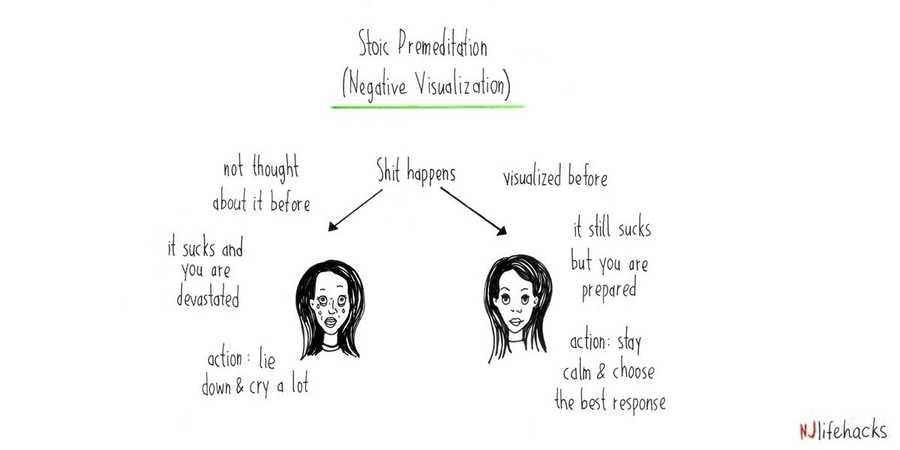Fifth: Consider what could go wrong.
“When a company is formulating strategy, it is useful to consider critiques, problems and likely reasons for failure.”
25
228 reads
CURATED FROM
IDEAS CURATED BY
How to Calibrate Your Decisions Wisely
“
Similar ideas to Fifth: Consider what could go wrong.
Analyze What Can Go Wrong
Things constantly go wrong no matter how smart and hardworking you are. So, continuously and methodically consider ways a plan could go wrong and plan how to avoid each obstacle.
Make a list of how to fail, so you will be prepared when roadblocks come. Apply this principle by listing the wa...
Consider your assumptions
Just because we know and understand the concept of conjunctive events bias, we are not automatically immune to it.
When we are planning, it is useful to run through our assumptions with this bias in mind. We should be more pessimistic about our plans and consider the worst-case s...
#6 PRACTICE MISFORTUNE – ASK “WHAT COULD GO WRONG?”
Expose yourself to difficult situations through imagination and you’ll be stronger and less vulnerable in real life situations. our an...
Read & Learn
20x Faster
without
deepstash
with
deepstash
with
deepstash
Personalized microlearning
—
100+ Learning Journeys
—
Access to 200,000+ ideas
—
Access to the mobile app
—
Unlimited idea saving
—
—
Unlimited history
—
—
Unlimited listening to ideas
—
—
Downloading & offline access
—
—
Supercharge your mind with one idea per day
Enter your email and spend 1 minute every day to learn something new.
I agree to receive email updates

